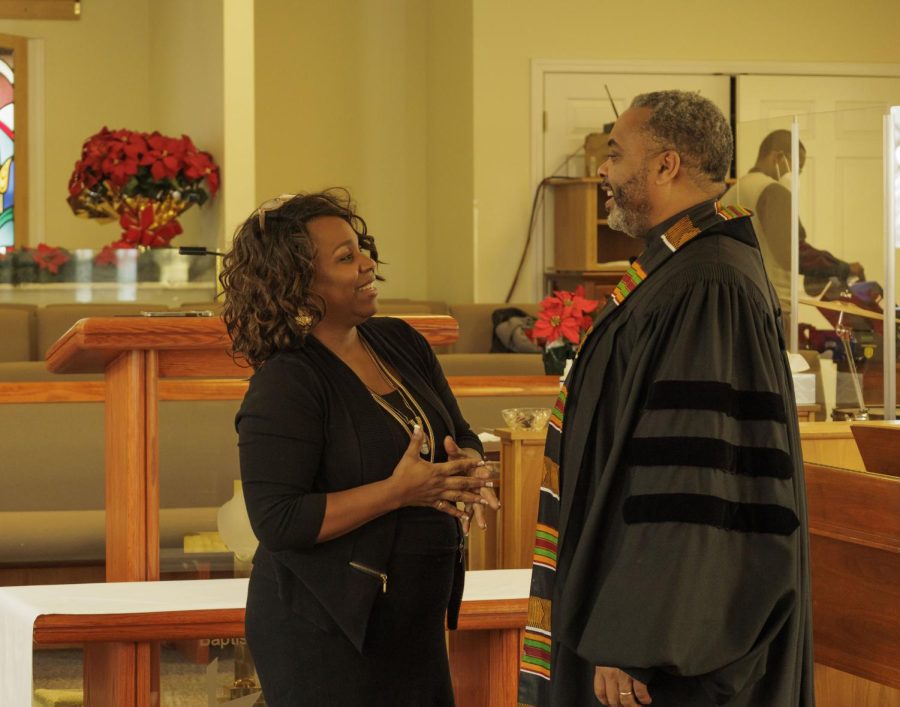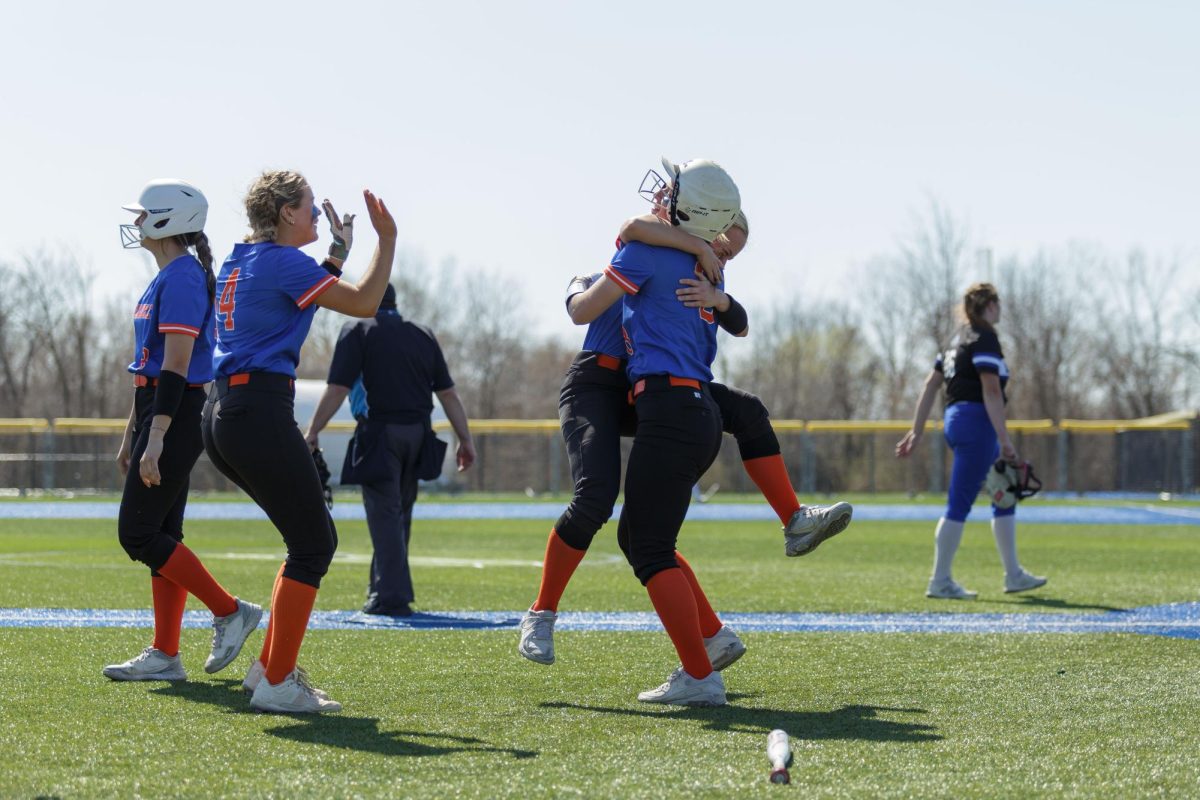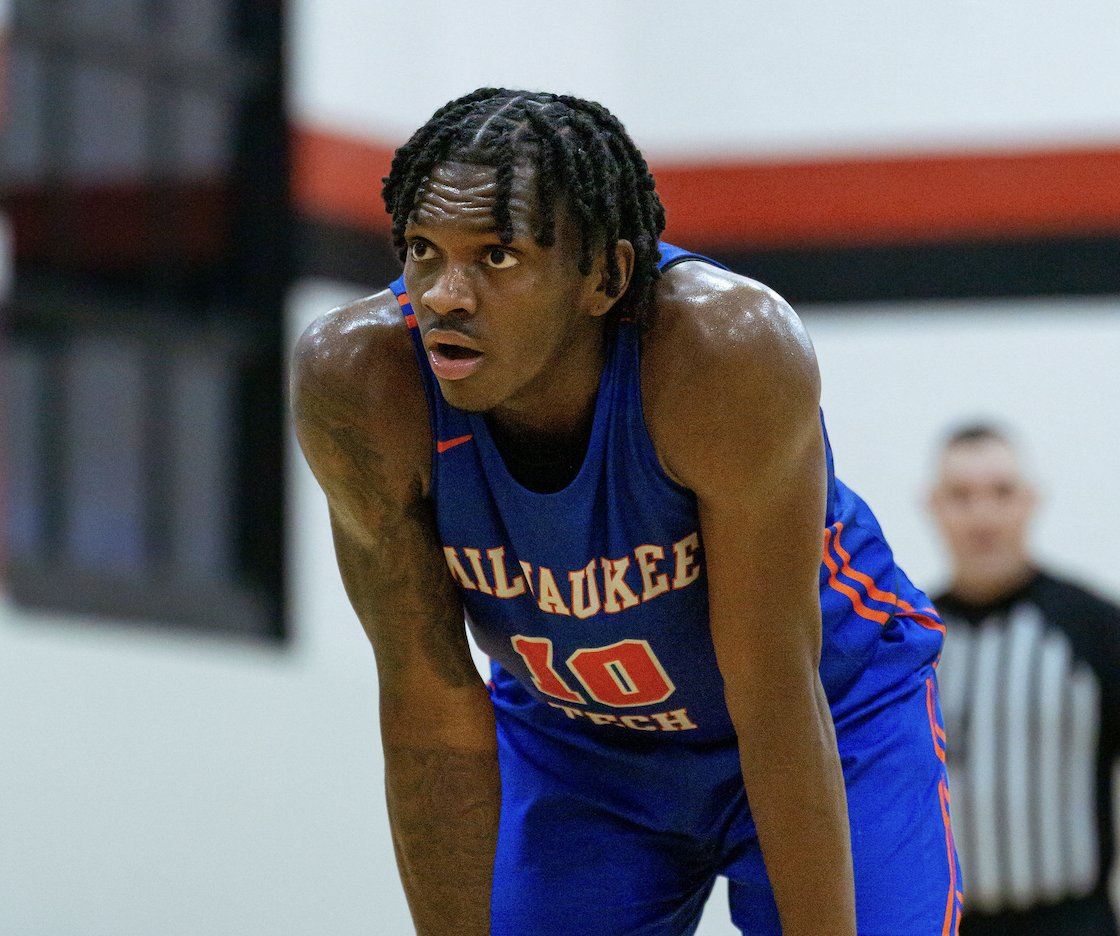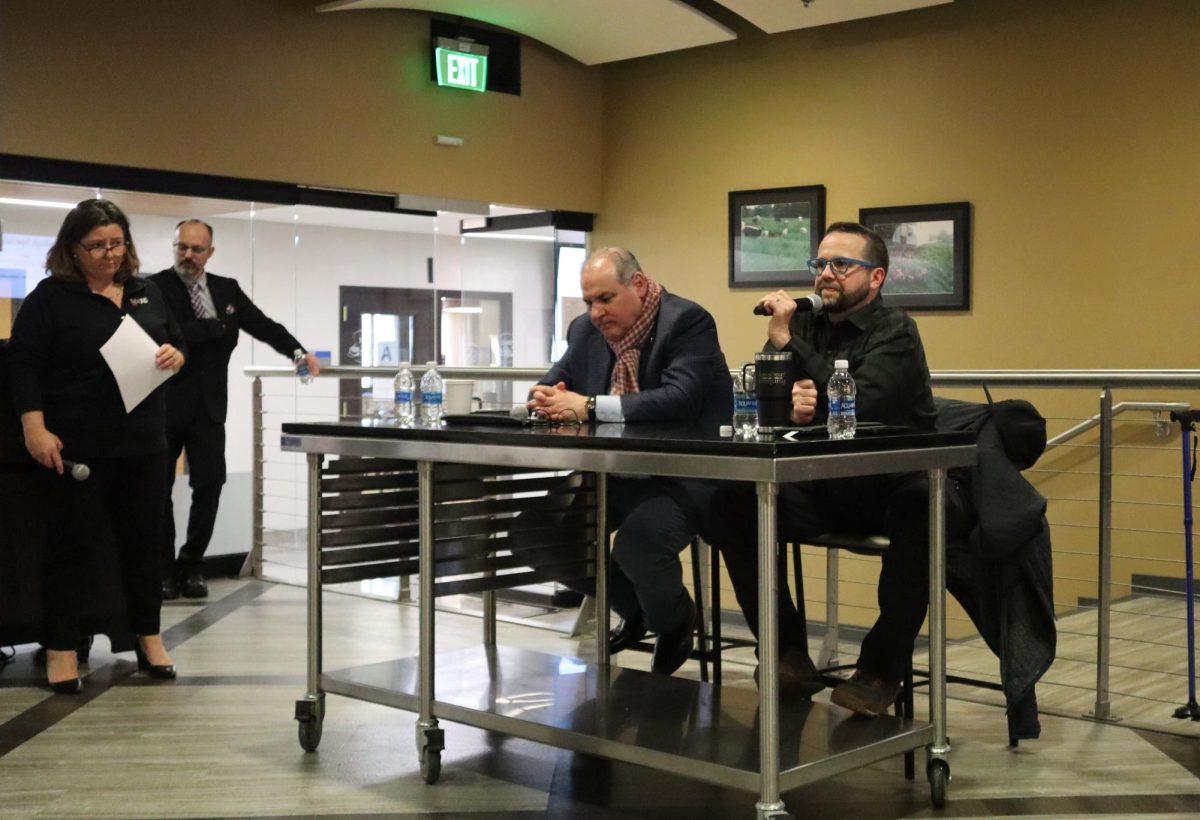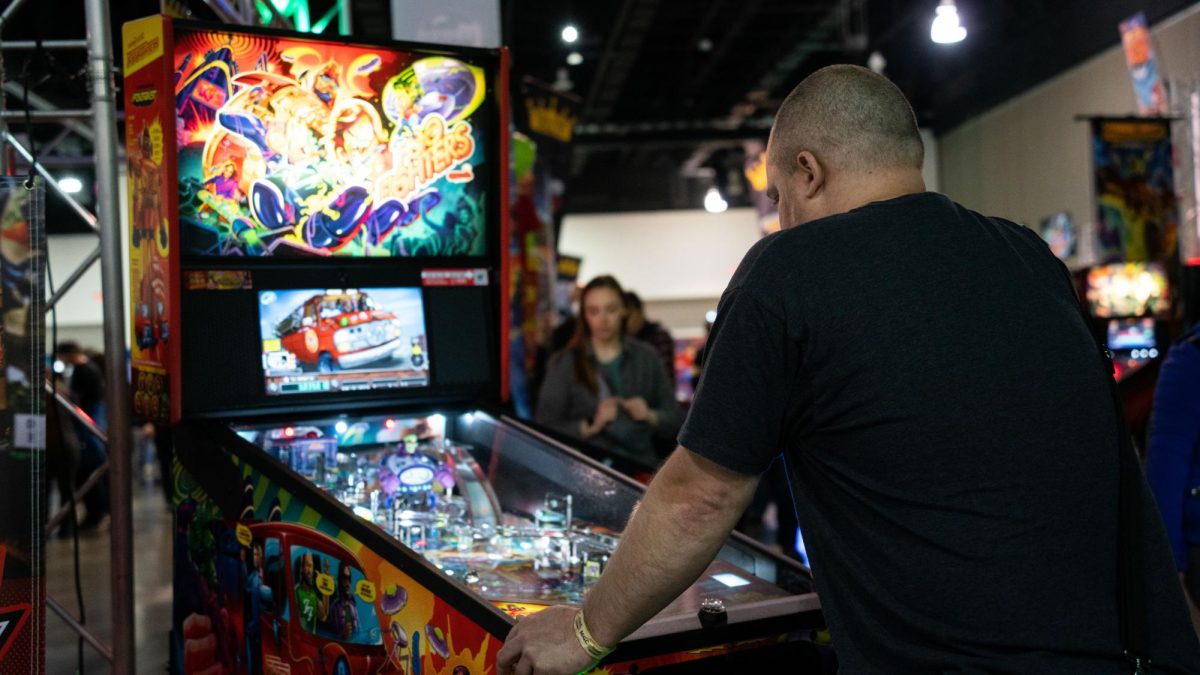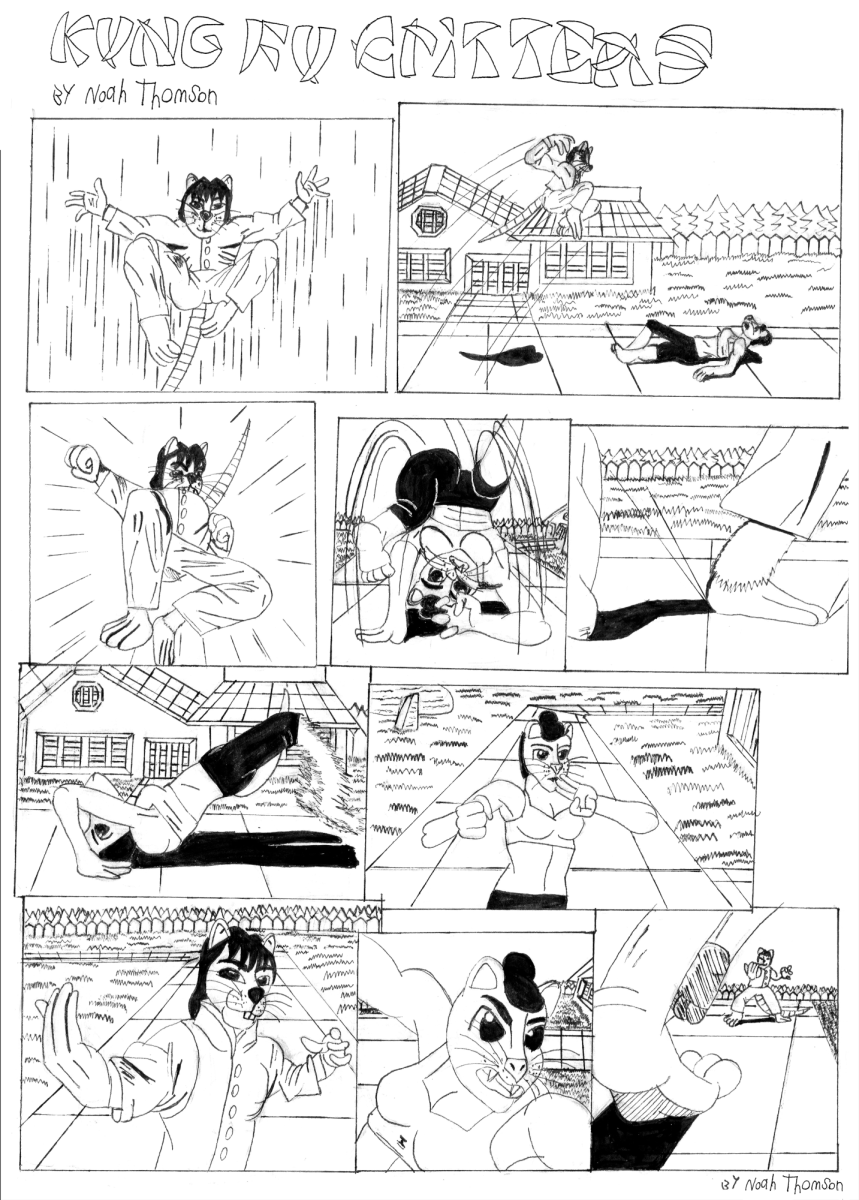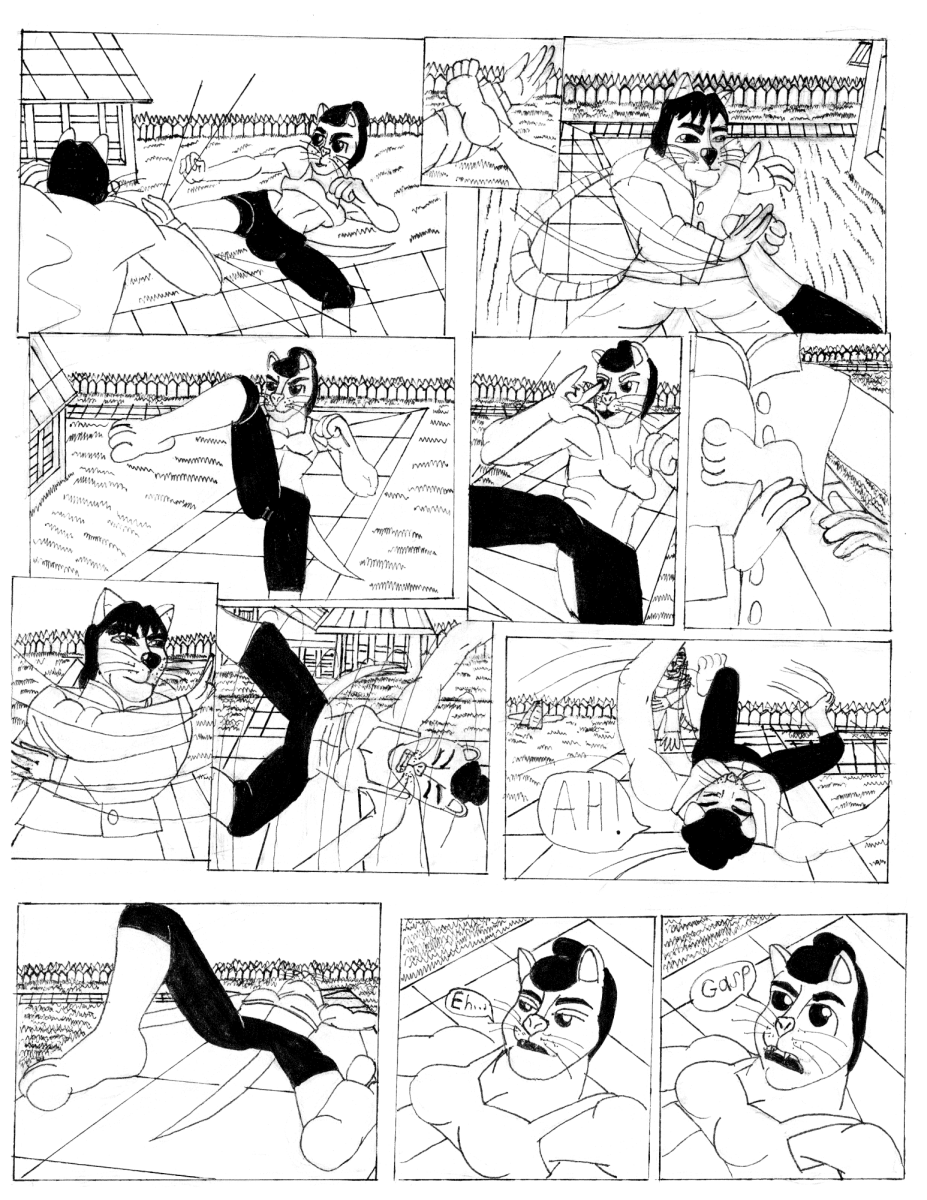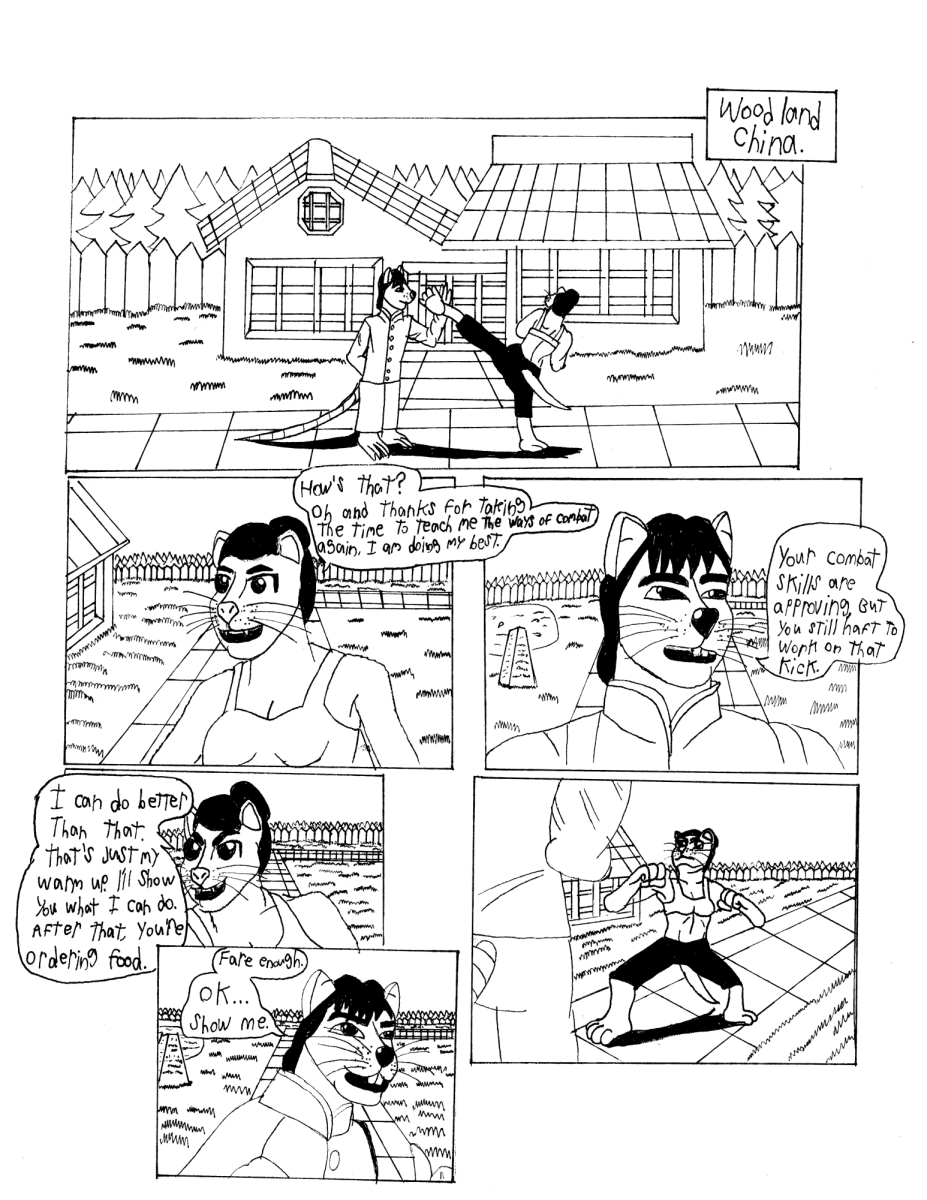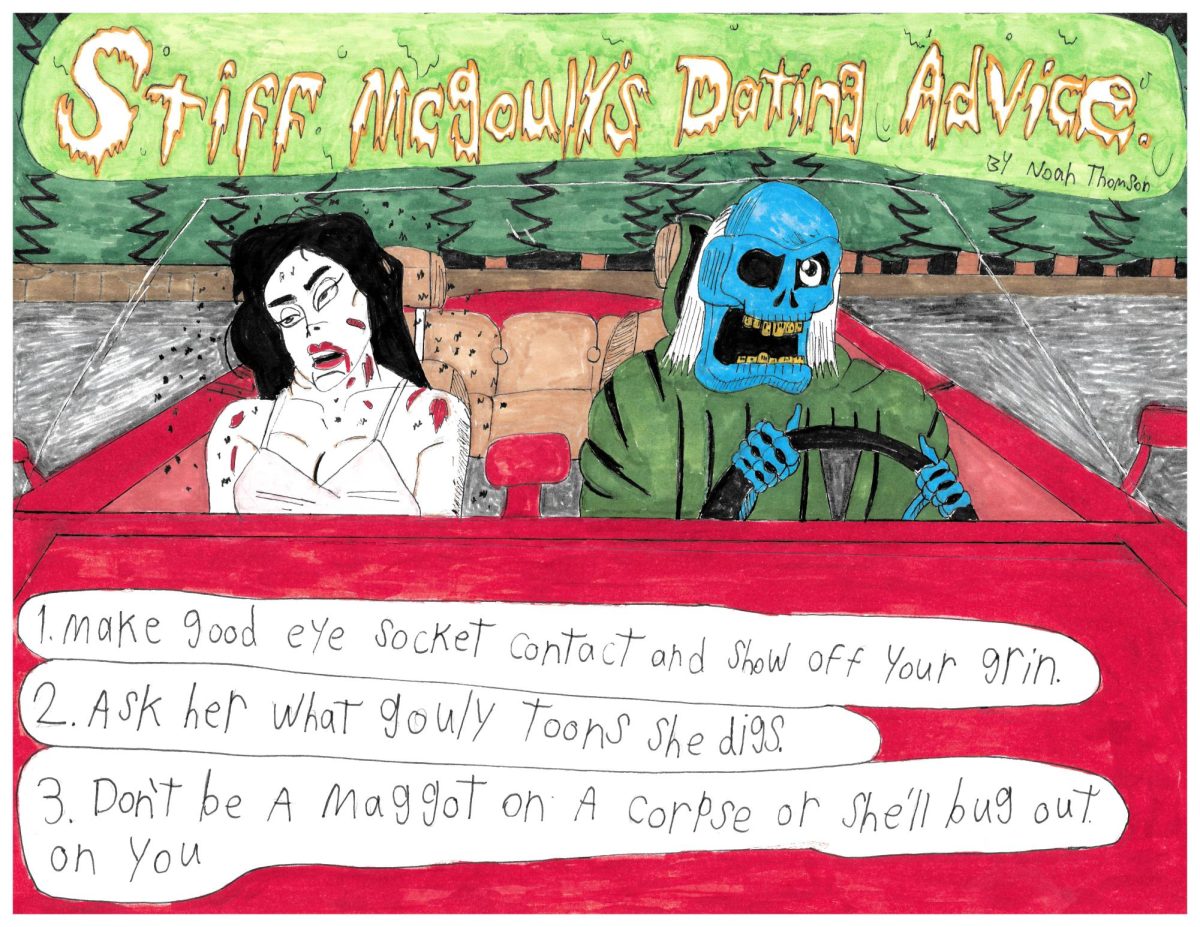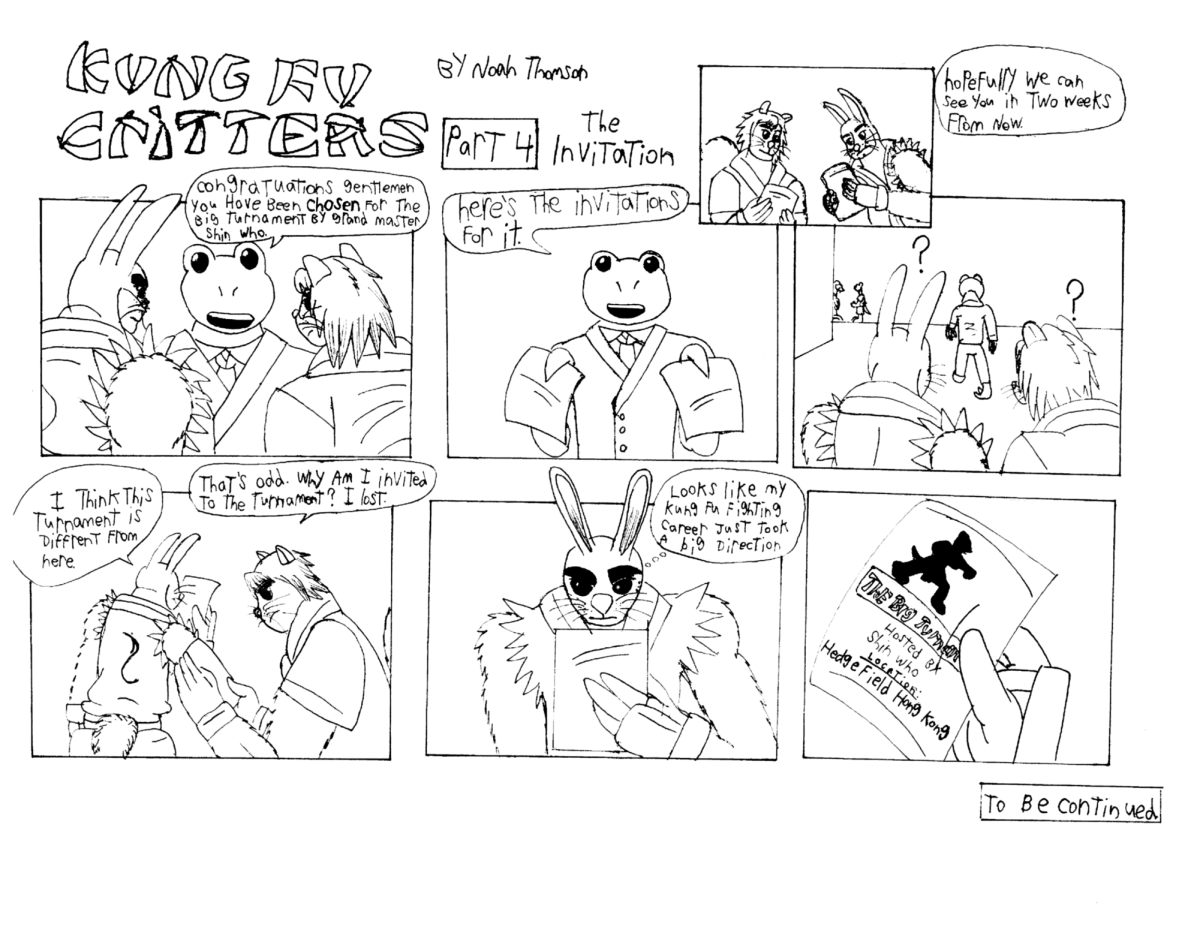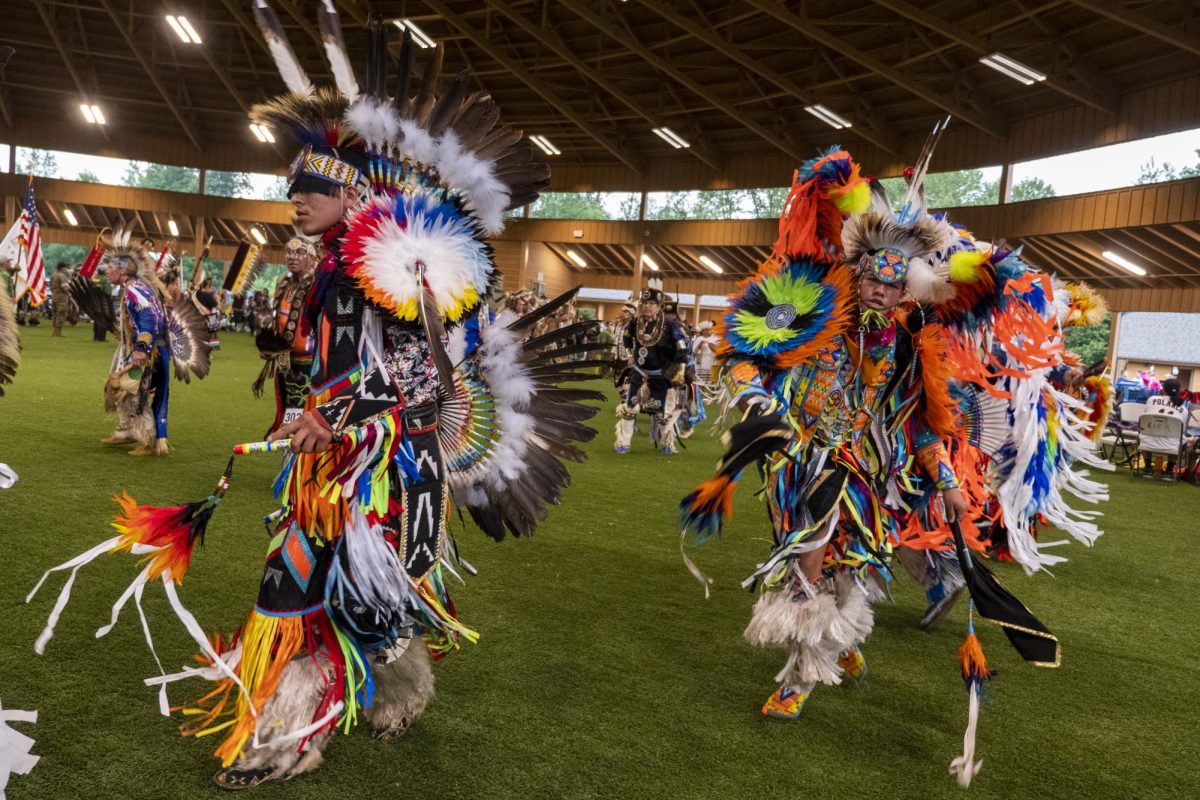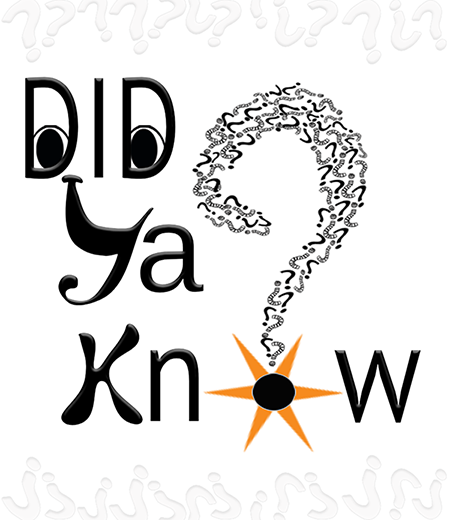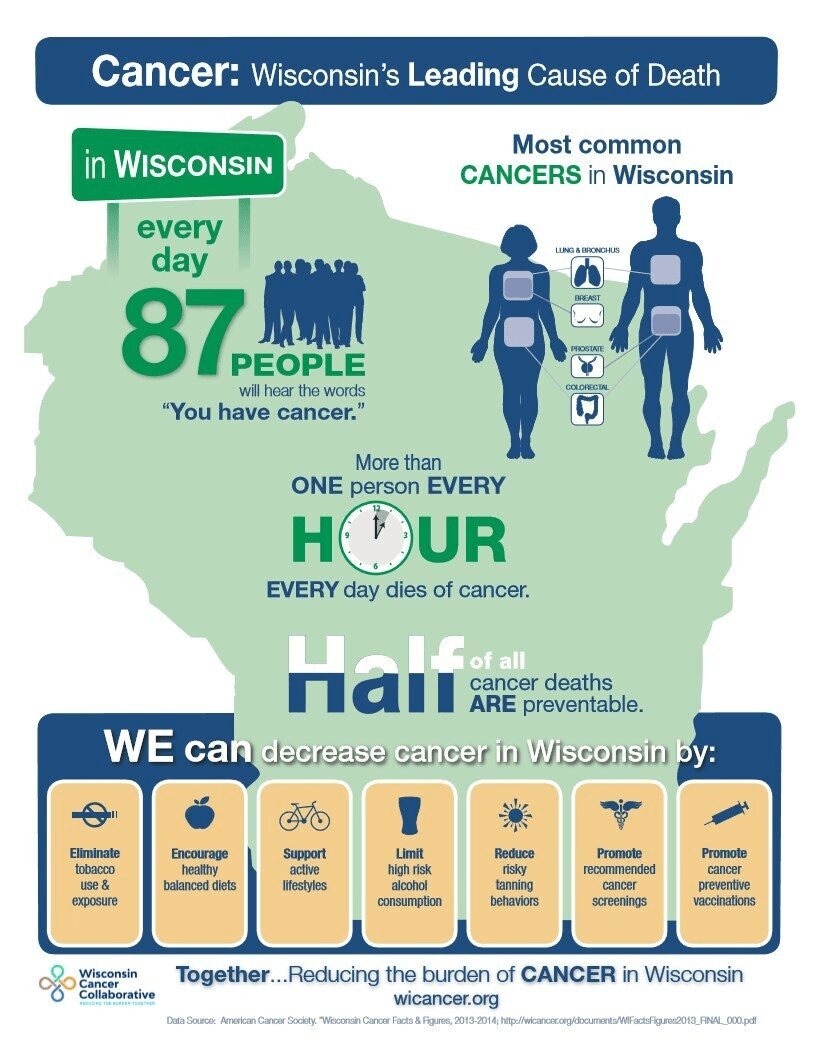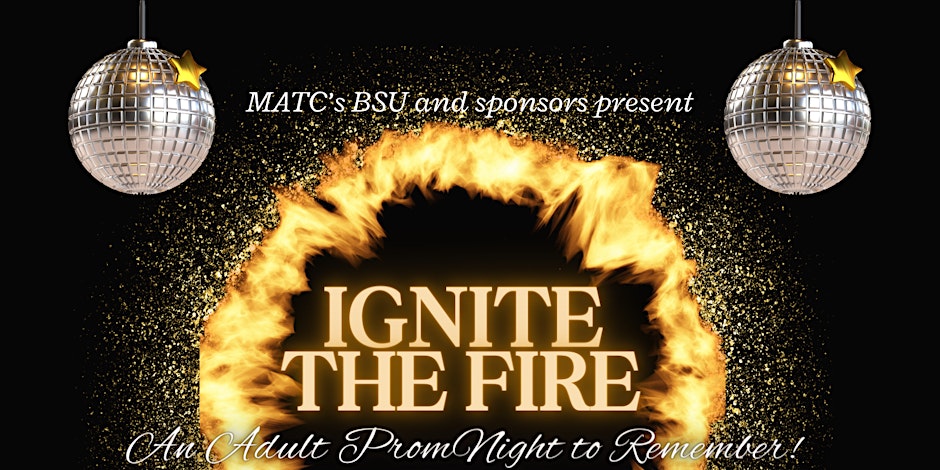He was voted “Most likely to sell the Brooklyn Bridge” by his high-school classmates.
But Dick Clark did much more than that. He sold America on a kit bag of rowdy trouble and seductive pleasures.
And he did so for decades from those lurid “Great Balls of Fire” goosed by Jerry Lee Lewis and the hip, grinding come-ons to do “The Twist” evoked by Chubby Checker, to the coded drug-‘n’-revolution messages he let fly on national TV from the Jefferson Airplane, and the totally tarty aura of Madonna that became America’s obsession.
Preachermen and politicians were doing their darnedest to derail the rock-‘n’-soul train when Dick Clark took over hosting the afternoon “Bandstand” dance party on West Philly-based WFIL-TV in 1956.
Naysayers loudly knocked rock as “the devil’s music.”
And they blamed it for many a perceived social ill, from the sexing up of young libidos to juvenile delinquency to (horror upon horror) the breaking down of racial barriers in what was then a largely segregated America.
But Clark convinced them otherwise. While boyishly young himself in those days (and for many years later as “America’s oldest teenager”), he always presented well squeaky clean and courtly, suiting up for the show like it was his wedding day.
Truth is, Clark hardly knew anything about teen music when he took over the telecast, unlike the prior host a much hipper though less dapper Bob Horn, who had been charged (and canned from the show) for the sin of drunk driving.
But innocence became the replacement’s strength. “Dick’s the reason ABC was willing to take the show national (as “American Bandstand”) in ’57,” recalled Philly DJ icon Jerry Blavat, who got his start as a “Bandstand” dancer in the Horn era. “He had the look of Young America.”
Butter wouldn’t melt in Clark’s mouth. He was that cool. And the thing is, Clark treated everyone with respect, like he was meeting
the president or British royalty.
All guests on the show were addressed as “ladies” and “gentlemen,” from the gawkiest of 14-year-old girls trying to disguise their parochial-school uniforms to the dimmest-bulb performer who couldn’t get the whole “lip syncing” to records right. So here’s the thing: As Clark kept saying “sir” or “ladies,” America eventually got the message and loosened its prejudices.
Brenda Lee wasn’t just a lucky little thing with a scary-big voice. Chuck Berry wasn’t just some down-home song-and-dance man with a few good licks. And Fabian wasn’t just a good-looking hunk plucked off a South Philly stoop by a would-be idol maker.
In Dick Clark’s world, these were artists with a capital “A.” Well, maybe in the first two cases.
“With him presenting it, they couldn’t stop rock ‘n’ roll,” argued Blavat. “He was truly a spokesman for our music. Without him, there wouldn’t have been a Frankie Avalon, a Connie Francis or a Bobby Darin, no Dion and the Belmonts, Danny and the Juniors or Freddy Cannon. He did more for this industry than any other single person. And he not only created artists but also record labels Chancellor, Laurie, Cameo-Parkway, Roulette” (many
of whom made Clark a silent partner).
“And he stayed on top of his game for decades,” added Jim Donio, president of the National Association of Recording Merchandisers.
A “Bandstand” watcher from age 4, Donio later came full circle by working with Clark on NARM events and in promotional campaigns for the American Music Awards and Academy of Country Music telecasts.
The highfalutin’-sounding AMA
was created out of thin air by Dick Clark Productions.
And the ACM show was just an upstart West Coast- (not Nashville-) based CMA wannabe until Clark climbed on board and gave it style. “Dick Clark was so ahead of the curve … and such an impresario,” marveled Donio.
“And he wasn’t just a great master of ceremonies,” Blavat said. “He was the smartest businessman in the entertainment industry.”







